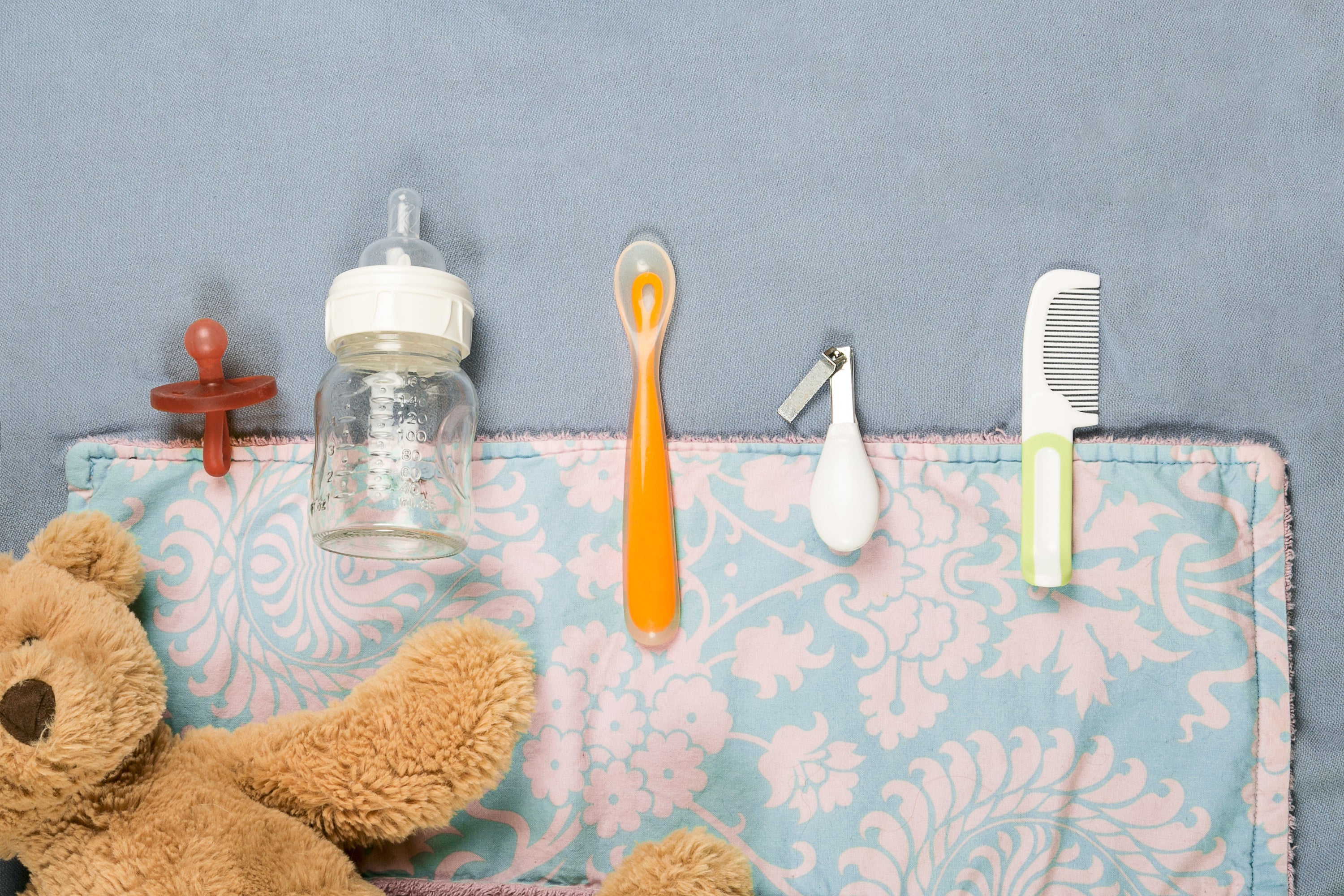
Coffee Consumption and Family Planning - What You Should Know
by Coffee Analytica Team
·
The journey to parenthood involves a multitude of lifestyle adjustments, including re-evaluating dietary habits. Coffee, a staple for many, often becomes a topic of discussion for couples planning to have a baby. How much is safe? Should it be avoided altogether? This blog explores coffee consumption for both men and women when thinking about having a baby, addressing common concerns, debunking myths, and confirming evidence-based recommendations.
Understanding the Role of Coffee in Fertility
Caffeine and Female Fertility
Evidence suggests that moderate coffee consumption (up to 200 milligrams of caffeine daily, equivalent to one 12-ounce cup) is generally safe for women trying to conceive. However, excessive caffeine intake has been associated with:
- Delayed Conception: Some studies suggest that consuming more than 300-400 milligrams of caffeine daily may slightly reduce fertility rates.
- Increased Miscarriage Risk: High caffeine levels during pregnancy may increase the risk of miscarriage, emphasizing the importance of reducing intake even before conception.
Hypothesis: Reducing caffeine intake to below 200 milligrams daily three months before conception may create a more favourable hormonal balance for pregnancy.
Caffeine and Male Fertility
While less discussed, caffeine also affects male fertility.
- Sperm Quality: Moderate coffee consumption has no significant adverse effects on sperm health and may even improve motility. However, excessive caffeine intake (>400 mg daily) has been linked to DNA fragmentation in sperm, potentially impacting fertility.
- Testosterone Levels: Moderate caffeine may boost testosterone, while excessive levels could disrupt hormonal balance.
Hypothesis: Men trying to conceive may benefit from limiting caffeine to 300 milligrams daily to maintain optimal sperm health.
Timeline and Lifestyle Adjustments
Six Months Before Baby Planning
- Caffeine Moderation: Gradually reduce coffee intake to no more than one or two cups daily (~200-300 milligrams of caffeine).
- Dietary Overhaul: Incorporate a nutrient-rich diet with fertility-supporting foods like leafy greens, nuts, seeds, and lean proteins.
- Hydration: Increase water intake to offset potential dehydration caused by caffeine.
Three Months Before Trying to Conceive
- Cut Back Further: Consider switching to decaffeinated coffee or alternate beverages like herbal tea to minimize caffeine intake further.
- Sleep Hygiene: Replace late-afternoon coffee with lifestyle changes promoting better sleep, as quality rest is critical for fertility.
- Physical Fitness: Establish an exercise routine, as fitness supports overall reproductive health.
Demystifying Myths and Confirming Facts
Myth: Any Amount of Coffee Will Harm Fertility
This is not true. Moderate consumption (up to 200–300 mg) is considered safe for most individuals. The key is moderation and awareness of overall caffeine intake from all sources, including sodas and energy drinks.
Fact: Caffeine Crosses the Placenta
Caffeine can cross the placenta during pregnancy, and the developing fetus metabolizes it slowly. This is why it's essential to limit caffeine intake even before conception to establish habits for a healthy pregnancy.
Myth: Decaffeinated Coffee Is Completely Caffeine-Free
Decaf still contains trace amounts of caffeine (approximately 2–5 mg per cup). While negligible, it’s worth noting for individuals highly sensitive to caffeine.
Fact: Stress and Anxiety from Coffee May Impact Conception
Excessive coffee consumption can exacerbate stress and anxiety, indirectly affecting fertility. Reducing caffeine may help regulate stress hormones like cortisol, beneficial for conception.
Practical Recommendations
- Limit Caffeine Gradually: Abruptly cutting out coffee can lead to withdrawal symptoms. Reduce intake over weeks by mixing regular coffee with decaf or opting for smaller cup sizes.
- Explore Alternatives: Try herbal teas, chicory root coffee substitutes, or warm lemon water for a comforting caffeine-free option.
- Focus on Nutritional Balance: Ensure dietary habits support reproductive health, including adequate folic acid, zinc, and antioxidants.
- Be Mindful of Other Sources: Remember, caffeine is present in tea, chocolate, energy drinks, and some medications.
Better Safe than Sorry
When it comes to coffee and fertility, the "better safe than sorry" approach is wise. While moderate consumption is likely harmless, erring on the side of caution can provide peace of mind and reduce any potential risks. Caffeine’s impact varies by individual, and every step taken to align habits with fertility goals contributes positively to this life transition.
Conclusion: Balance and Awareness Are Key
Adjusting coffee habits when planning for a baby doesn’t mean giving it up entirely. It’s about being informed, mindful, and prepared to make gradual changes that support both short-term goals and long-term health. By making these adjustments early, couples can ease into parenthood with habits that prioritize both well-being and a smooth transition to this exciting new chapter.
Whether it’s savouring a morning brew in moderation or exploring new caffeine-free beverages, the journey to parenthood can still include moments of joy - coffee cup in hand.
- #Baby-Ready Lifestyle Adjustments
- #Caffeine and Pregnancy Preparation
- #Caffeine Effects on Men and Women
- #Caffeine in Early Pregnancy
- #Coffee and Conception
- #Coffee and Fertility
- #Coffee and Hormonal Health
- #Coffee and Lifestyle Changes
- #Coffee Consumption and Health
- #Coffee Habits and Family Planning
- #Healthy Coffee Choices for Parents
- #Planning for Parenthood
- #Pre-Pregnancy Nutrition
- #Preparing for a Baby – Caffeine Tips
- #Reducing Caffeine for Fertility